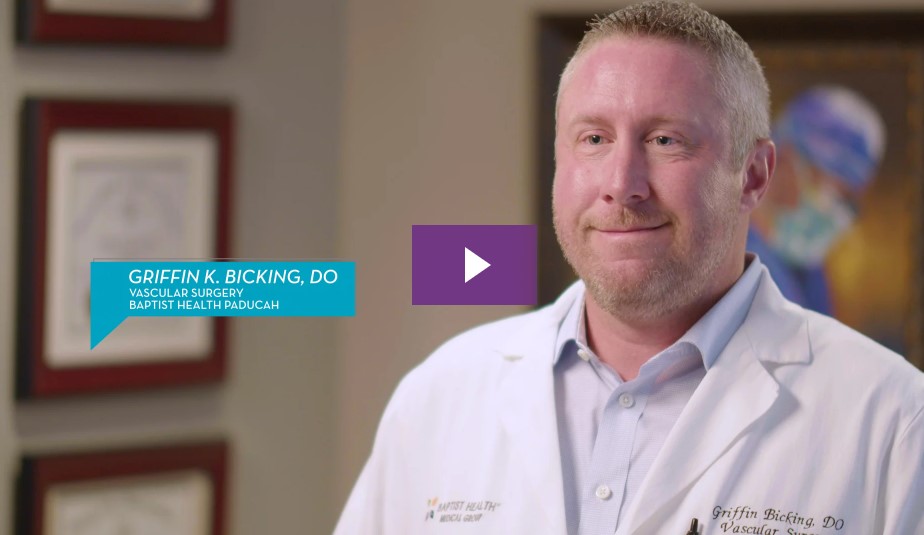Support for Stroke Survivors Elizabethtown, KY
.jpg?rev=f87b7e2e32d2488aa60a5bc5f2ad42b2&mw=1030&mh=579&hash=22105D05DF4B60A4D55C5ABA4E10457C)
Support for Stroke Survivors Health Talk Transcript:
Rosa Vittitoe, Stroke Program Coordinator
Baptist Health Hardin
Jesse and Dawn Smith, Radcliff, Kentucky
Rosa Vittitoe:
In a stroke support group, you come together with some of the same concerns, some of the same thought processes, some lack of understanding and knowledge. By learning together, walking together, sharing together, it helps you when you're in those dark places to say, “I've got people. I've got people who have been through this. I've got people who are going to walk through this with me.” I think that's one of the most important things, knowing that you're never alone. That's big.
Jesse Smith:
I've gotten to be friends with these people, several of them anyway. They all look forward to seeing me come there, seeing me doing better.
Rosa Vittitoe:
Our stroke support meetings offer a 20- to 30-minute educational session, and then there's time for questions and answers. Sometimes, it's just letting them talk and tell me what they've been through. People are able to say, “You know what? I was there a year ago.” “You know what? They told me I'd never walk. Look!” Those stories are what makes it all worthwhile.
Dawn Smith:
It's helped me as a caregiver through the emotional support that I get. Some days it's a daunting task. Some days I'm like, “OK, we’ve got to do this.” They give you the encouragement and they give you the know-how to get you through your day as a survivor and as a caregiver.



